We caught up with the brilliant and insightful Eavan Mcnabb a few weeks ago and have shared our conversation below.
Eavan, first a big thank you for taking the time to share your thoughts and insights with us today. I’m sure many of our readers will benefit from your wisdom, and one of the areas where we think your insight might be most helpful is related to imposter syndrome. Imposter syndrome is holding so many people back from reaching their true and highest potential and so we’d love to hear about your journey and how you overcame imposter syndrome.
Beginning my training late in life has been my biggest obstacle. At 16, I auditioned at the Nashville Ballet, not knowing a thing, and was put into class with dancers that started at two years old. Seeing some my age already training professionally was hard, and I couldn’t stop blaming myself for not starting sooner. So I got mad and motivated, and fell in love with the challenge. I trained as hard as I could to make up for lost time, and reached where I wanted to be. I was pursuing this as my professional career until I tried ballroom. A different version of imposter syndrome then kicked in, being a ballerina trying to do latin dance. The technique is completely different, and ballet set me way back. I began competing in levels with women that had trained their whole lives in one style. Watching professionals my age dancing, I’d tell myself, “There’s no way I’m making it in this industry. It’s only my third year”. Sometimes I get very discouraged, but 99% of the time it’s incredibly motivating. I fell in love with ballroom and have put my all into it, and so far it’s worked out.
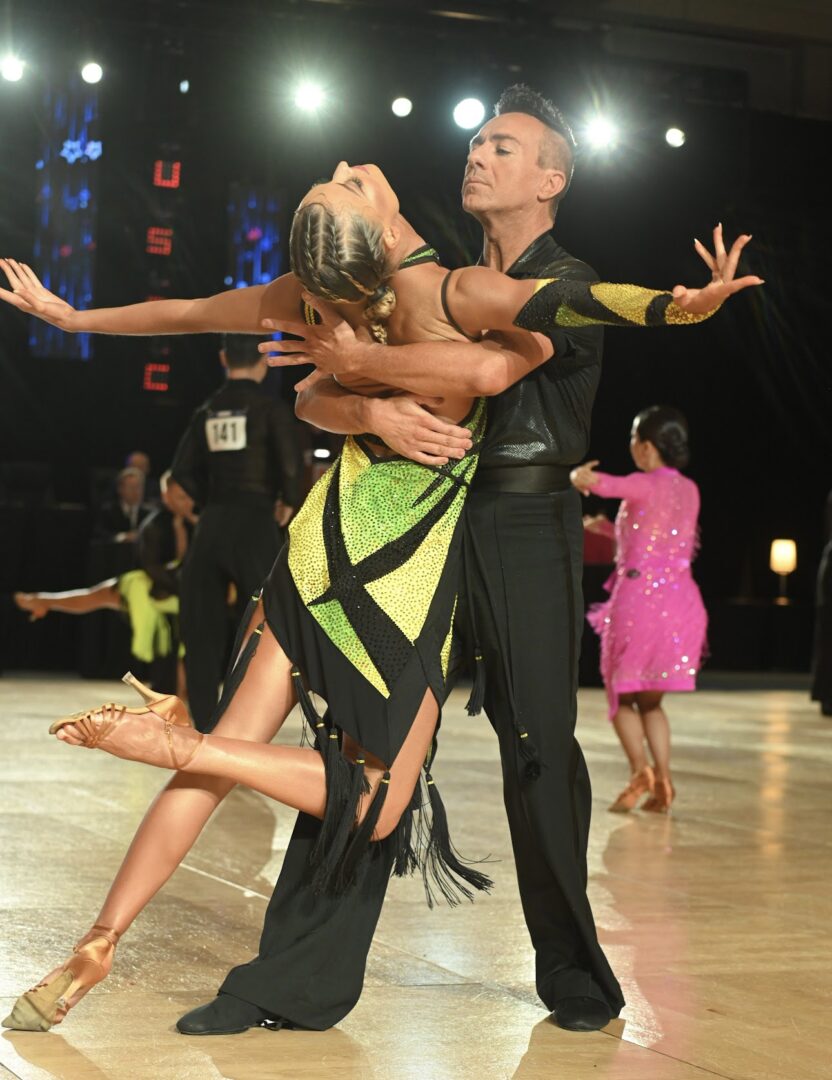
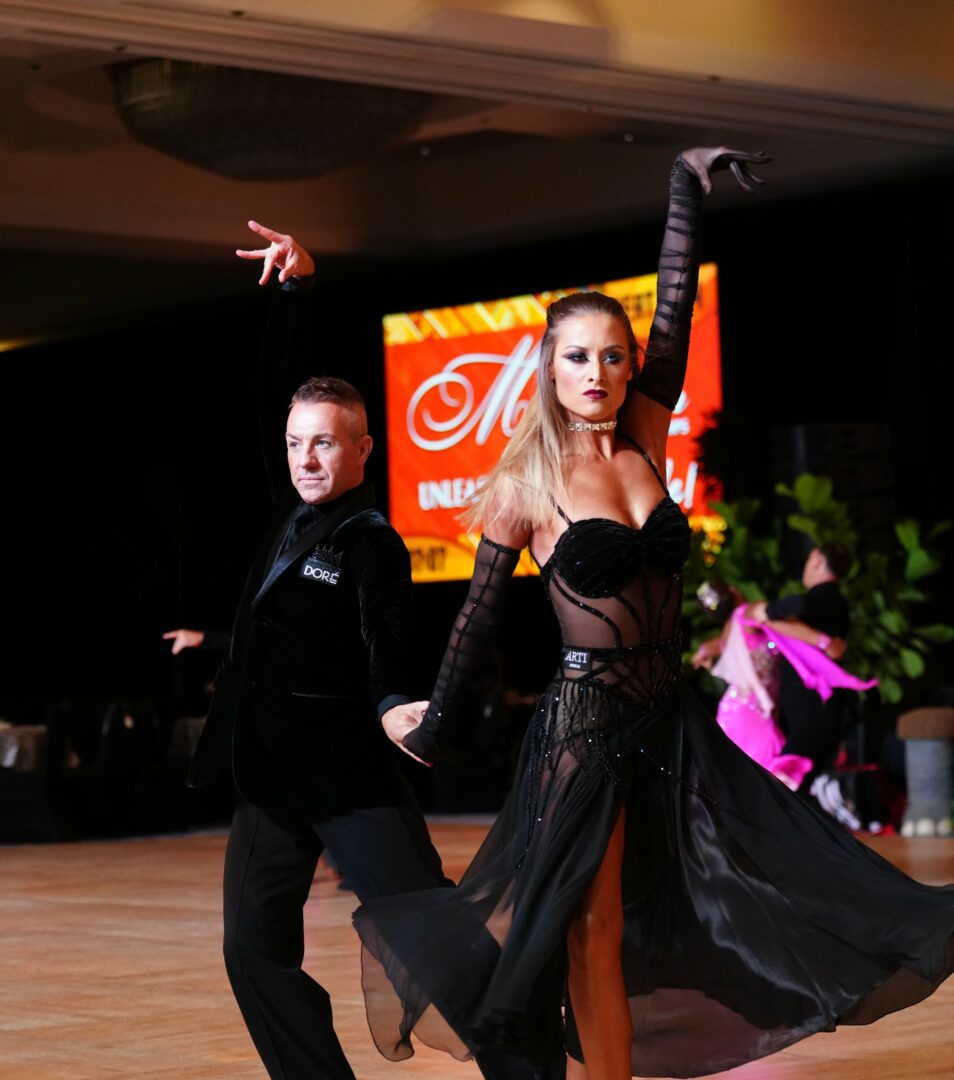
Appreciate the insights and wisdom. Before we dig deeper and ask you about the skills that matter and more, maybe you can tell our readers about yourself?
I am a dancer with the Ballroom of Nashville, competing at events around the country with my coach, and pursuing this career professionally. I am planning to expand this career outside of the U.S. as well. The most special part for me is that progress is never-ending. Dancing is fun and exciting of course, but every day uncovers something new that needs improvement. I never feel comfortable or satisfied, which is exhausting. But, the second you become satisfied, you’re setting yourself up for failure. You lose the hunger. I love that it’s virtually impossible to become bored in this craft. Additionally, getting to put something you’ve worked so hard on out on a floor is such an amazing experience. The feeling I get when I dance is indescribable – it’s such a deep, otherworldly feeling in my soul. Being able to make others feel something as well, solely through movement, is magical. There’s truly nothing like it.

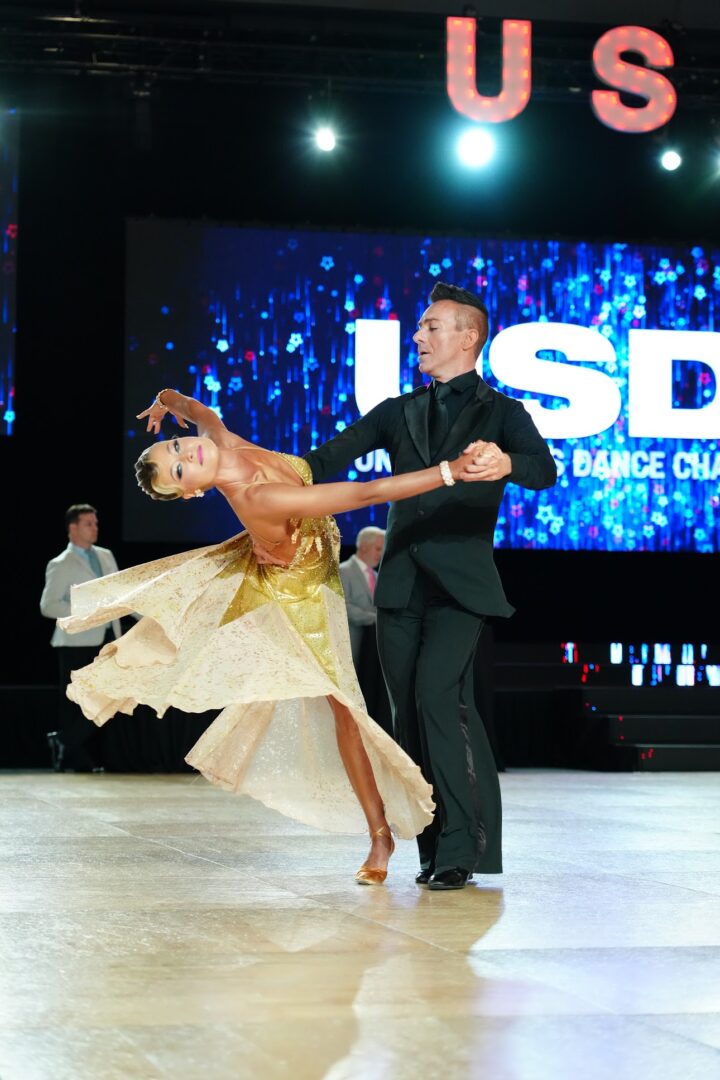
If you had to pick three qualities that are most important to develop, which three would you say matter most?
The first quality is just discipline. I don’t always feel motivated, but what matters is pushing through when I’m not. In the studio, it’s easy. My teacher is one of my closest friends so it’s a breeze to work hard together. When training alone, it’s your responsibility to show up for yourself. If you’re not feeling it, do it anyway.
Next would have to be analytical skills. They are so important in this industry. When I began ballroom, I analyzed every aspect of my teachers’ and their coaches’ dancing, as well as the technique of the highest ranking global couples. I started to use that information where necessary in my own technique. You cannot advance without good analytical skills, and a good memory.
Lastly, knowledge of your particular body and self awareness are crucial. Everyone is different. In order to be efficient, you must be aware of your own unique anatomy and physics. A coach shorter than me may suggest something that doesn’t work for my own body, simply because of physics. At 5’10”, I can’t turn as fast as someone that’s 4 feet tall. You have to be adaptable, and find what works best for you.
If you’re early in your journey, no matter what the journey may be, perseverance is critical to your success. Get back up and pull yourself together when you fail. Turn your disappointment into drive. Failure at some point along the way is inevitable, but it is guaranteed as the end result without perseverance. One of my biggest inspirations was my ballet teacher, and I could go on and on about the motivation this woman gave me, but she would always just say, “GRIT”.
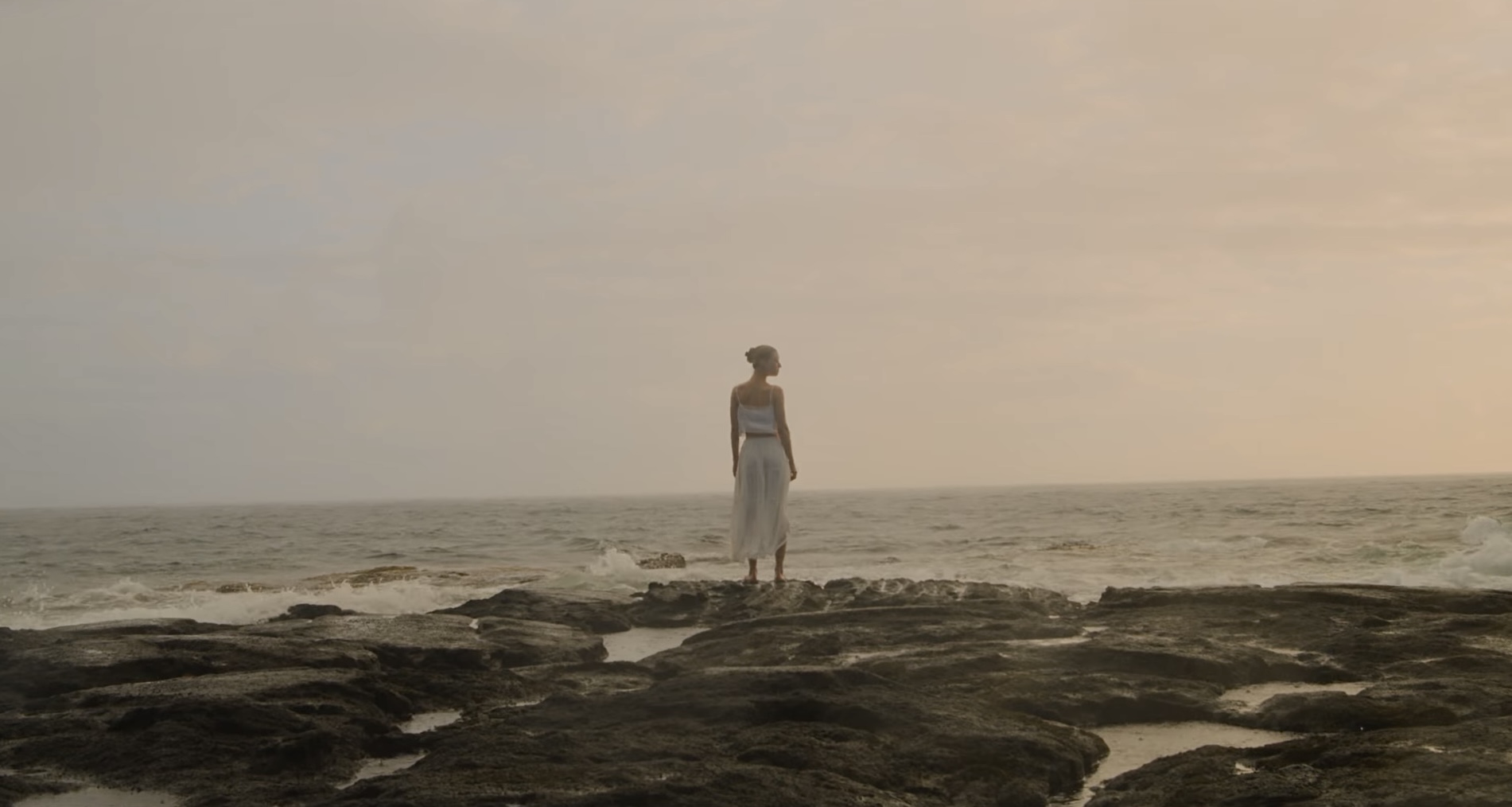
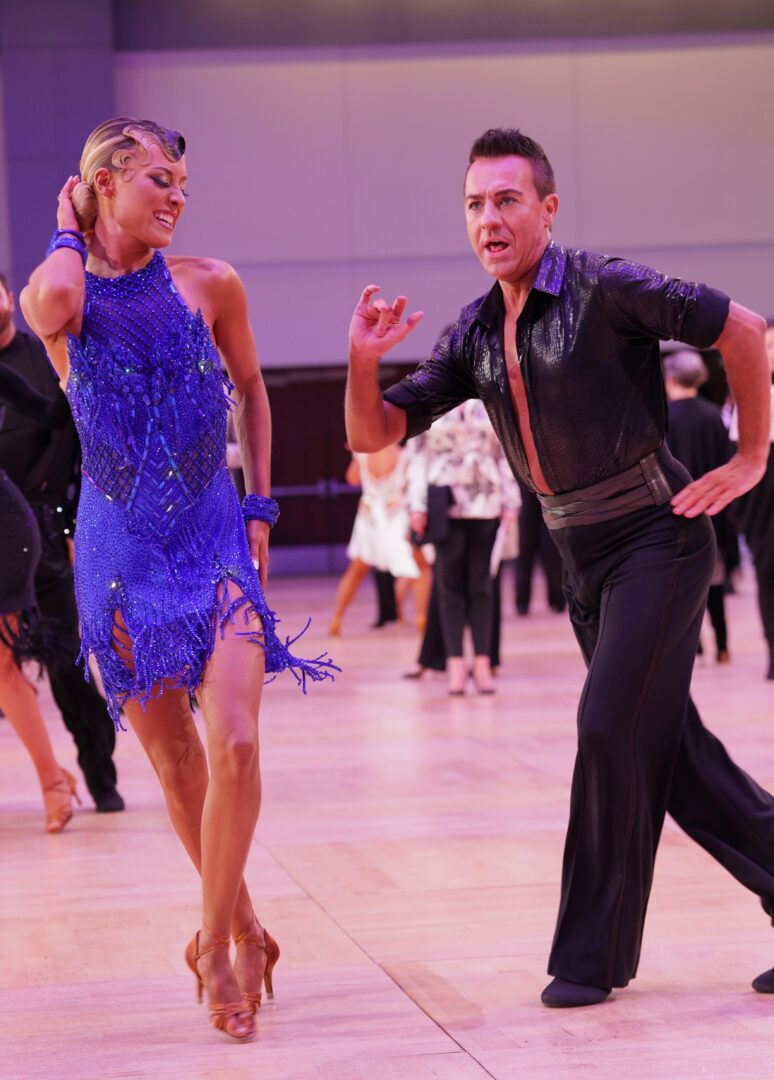
We’ve all got limited resources, time, energy, focus etc – so if you had to choose between going all in on your strengths or working on areas where you aren’t as strong, what would you choose?
You should most definitely use your strengths to your advantage whenever possible. Capitalizing on the power you already know you have can work wonders in accelerating your career. However, if you only have one strength in an industry that requires a multi-faceted expertise, your focus should turn toward improving your weaknesses. In the early stages of my dancing, all I ever wanted to practice was what I felt the best doing. I would turn and jump on the right side much more than the left, because I knew my left side was bad. I wanted to make my strength as strong as possible, being fully aware of my weaknesses. I then shifted my focus to always doing the worst things first. Now, what I practice the most is what I know needs the most work, embarrassing or not, saving my comfort areas for last. Absolutely tap into what you’re good at, as this could grant you some necessary attention in your industry, but not at the expense of your weaknesses being left in the dark. At the same time, don’t forget your best moments when strengthening these weak spots. In my field, an individual with a well rounded skillset will always be more intriguing.
Contact Info:
- Instagram: @eavanmcnabbb
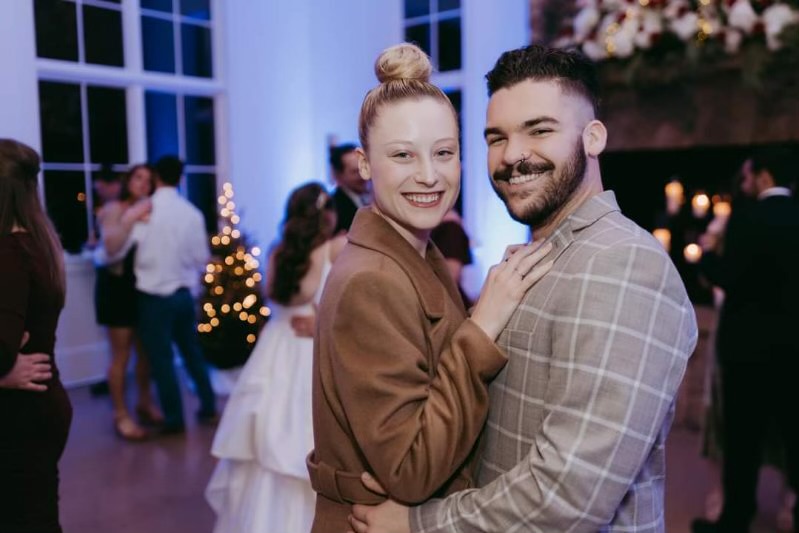

Image Credits
Charles Ryder, Dance Production House, Dalton Turner, Tracie Ancelet
so if you or someone you know deserves recognition please let us know here.




